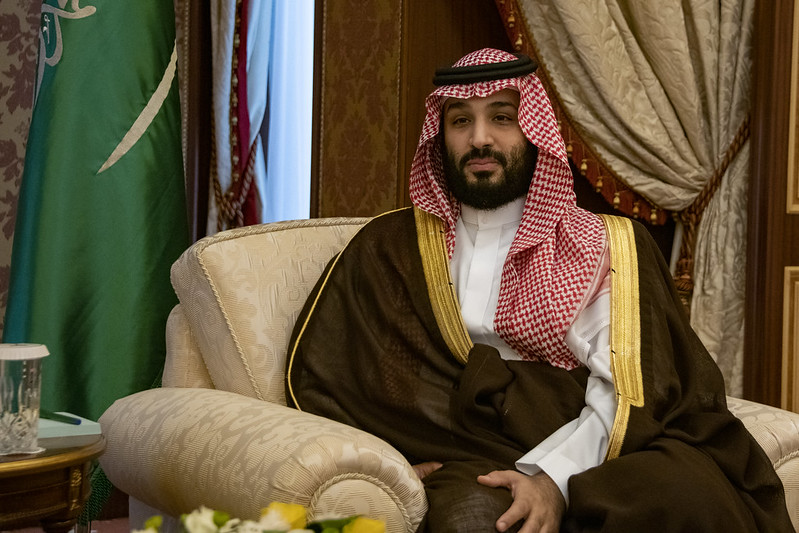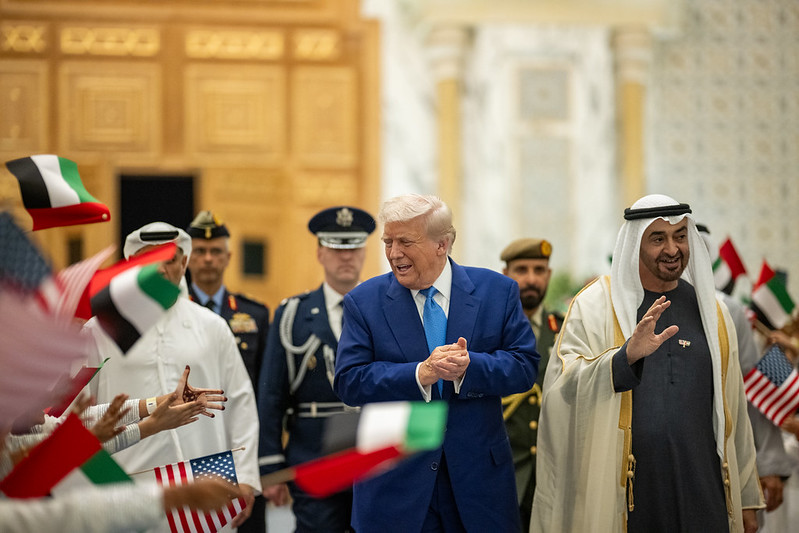
A critical factor in the deterioration of Saudi-American relations has been the ham-handed policies of the Biden administration, which has neglected important security issues and focused on virtue signaling about Saudi human rights abuses.
President Biden came into office pledging to turn Saudi Arabia into a “pariah” for the 2018 assassination of Jamal Khashoggi, a Saudi dissident journalist. The Biden administration went out of its way to publicly chastise Saudi Crown Prince Mohammed bin Salman, the de facto leader of the kingdom, for that killing, while turning a blind eye to Iran’s far worse human rights record.
The Saudis chafed at the criticism. Moreover, they were alarmed that the Administration failed to adequately respond to mounting threats to their security posed by Iran and its proxies. The Biden administration froze arms sales to Saudi Arabia, cut off support for the Saudi-backed war against the Iran-backed Houthis in Yemen, withdrew some of the U.S. missile defense systems deployed to Saudi Arabia, and prioritized the revival of the 2015 Iranian nuclear deal, which the Trump administration withdrew from in 2018.
The Saudis regarded Biden’s drive to resurrect the flawed Iran nuclear deal as a major threat to their own security, fearing that another weak nuclear deal would allow Tehran to pocket billions of dollars of sanctions relief that would be used to finance Iran’s escalating military and terrorist threats against its neighbors.
The Saudi government values many aspects of its ties to the United States, particularly in the economic and technological spheres, as demonstrated by its purchase earlier this month of 78 Boeing 787 Dreamliner commercial aircraft, in a deal worth almost $37 billion.
But the Biden administration’s cold shoulder and its complacent down-sizing of the U.S. military presence in the region prompted the Saudis to seek additional security insurance against aggression by Iran, which enjoyed steady support from China and Russia. Saudi Arabia has now hedged its security bets by bolstering relations with Russia, China, and even Iran.
The Bottom Line
The Biden administration, which claims to be “pivoting” to the Indo-Pacific, left a diplomatic and security vacuum in the Middle East. China is now working to fill that void, pivoting to the Middle East at America’s expense.
President Biden’s threat to make Saudi Arabia a “pariah” not only pushed Riyadh into China’s arms, but weakened regional efforts to contain Iran, and set back hopes of expanding the Abraham peace accords between Israel and Arab states to include Saudi Arabia.
The Administration’s misguided aggravation of Saudi-American tensions created an opportunity that Beijing was happy to exploit. It now enjoys better relations with Riyadh than Washington does.
Read more here.
If you’re willing to fight for Main Street America, click here to sign up for the Richardcyoung.com free weekly email.




